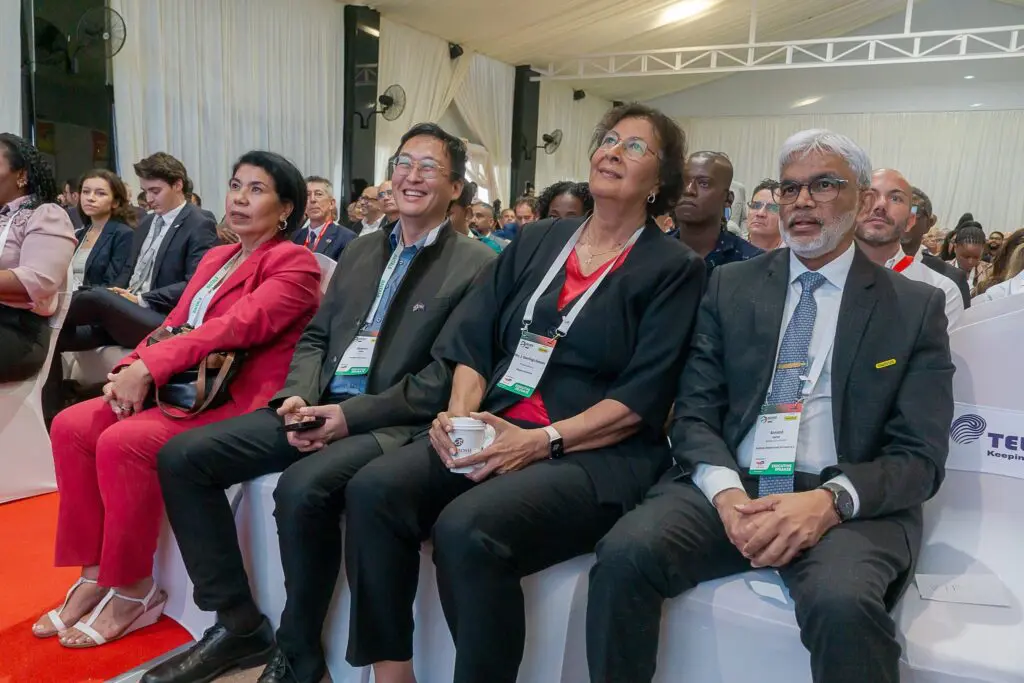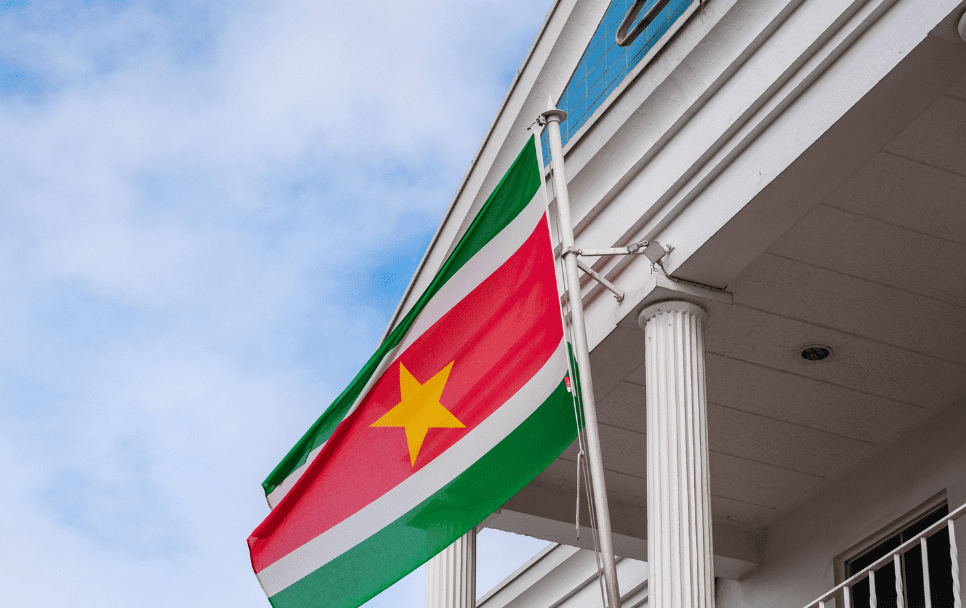PARAMARIBO, SURINAME – Suriname’s general elections on May 25 have resulted in a divided parliament, setting the stage for a coalition-led government that will take office as the country prepares for a major transition in its oil and gas industry.
Suriname’s 2025 general elections have yielded a dramatic outcome | OilNOW
Official results, validated by the Independent Electoral Bureau, show the National Democratic Party (NDP) winning 18 seats, narrowly ahead of the ruling Progressive Reform Party (VHP), which secured 17. The remaining 16 seats went to smaller parties: ABOP (6), NPS (6), Pertjajah Luhur (2), A20 (1), and BEP (1). No party reached the 26-seat majority needed to govern alone.
On May 27, the NDP confirmed a coalition agreement with five of the smaller parties, forming a 34-seat bloc, enough to secure a two-thirds majority in the 51 member National Assembly. This allows the coalition to elect a president without opposition support. NDP leader Jennifer Geerlings‑Simons is widely expected to be nominated for the presidency, which would make her the first woman to hold the office in Suriname.

The 2025 election was the first to use a nationwide proportional representation system, replacing the traditional district-based model. Under the new system, all 51 seats were allocated based on national vote totals, increasing the influence of smaller parties and emphasizing post-election coalition building.
The current National Assembly will officially end its term on June 29, 2025. The newly elected members of parliament are expected to be sworn in on June 30, followed by the election of the Speaker and the Vice-Chair of Parliament. The selection of the president and vice president will take place during the first sessions of the new Assembly. Based on past practice, the new Assembly usually holds the presidential vote within a month. That suggests the election could occur by mid-July, though no official date has been set.
The transition comes at a time of high stakes for Suriname’s economy. With multiple offshore discoveries under development – primarily in Block 58 operated by TotalEnergies and APA Corporation – the country is expected to become an offshore oil producer later this decade. A Final Investment Decision (FID) for the first phase of the project was announced in late 2024, with production targeted by mid 2028.
The incoming government will be shaping energy policy, overseeing local content development, managing oil revenues and building the institutions required for resource governance. While both major parties have supported a strong national role in the sector, the details of how policies are implemented will be determined by the next administration.
As Suriname moves into this next phase of its political and economic development, the decisions made in the months ahead will shape not only the country’s energy future but also its broader trajectory of growth and governance.



